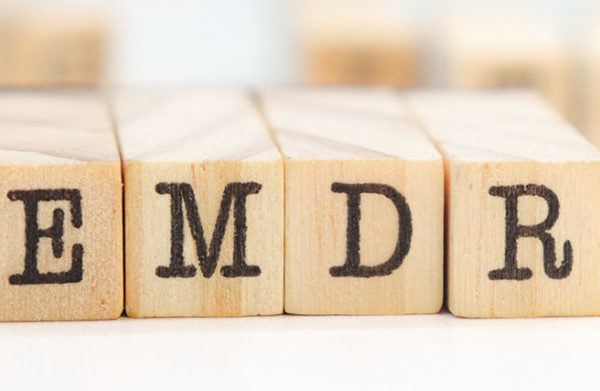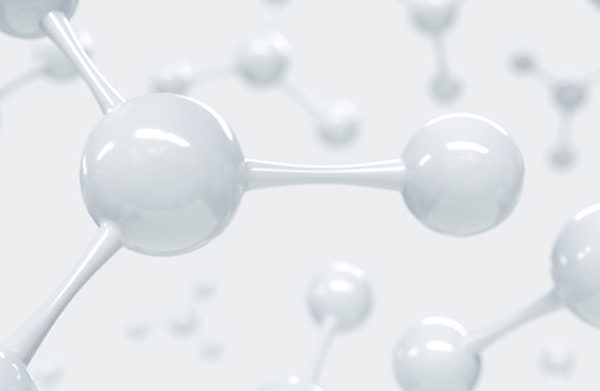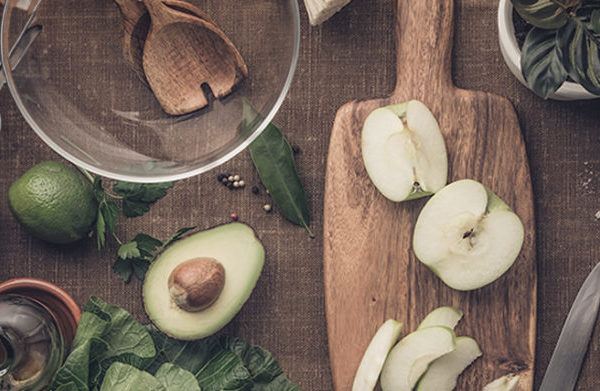
SHA Magazine Health & Beauty
Anxiety Chest Pain: Symptoms and Remedies
Chest pain is something we all associate with a heart attack, like a symptom that we see in films. We have seen it in hundreds of them: someone puts a hand on their chest, winces in pain, and faints . . . ambulance sirens start blaring.
However, sometimes chest pain does not mean such a drastic situation. A relatively common symptom of anxiety is very similar: we feel pins and needles in our chest, but there is no serious problem with our heart. It is our mind that has been taken over by anxiety.
How can we identify if chest pain is caused by anxiety?
One of the feelings that people who are having an anxiety attack have is the feeling of imminent death. However, this is a psychological reaction that manifests itself physically with pins and needles in the chest, an area we identify as being close to the heart.
When chest pain is caused by anxiety, some people may believe they are having a heart attack and may even find it difficult to catch their breath. But it is usually a chronic stressful situation that has triggered an anxiety attack.
We often notice chest pain caused by anxiety in the following situations: at work, in crowds, or when getting into bed with too many worries all at once at the end of the day.
Several signs can help you detect whether the discomfort you feel on the left or right side of your chest is caused by anxiety. Experts describe anxiety chest pain as a sharp or stabbing pain that makes it difficult to breathe, and it occurs on only one side of the chest, usually the left, with a tightness in the chest and the feeling of being pierced by an arrow.
It is a pain that comes on suddenly but is not present throughout the day, is localised in the chest, and does not spread to other areas. It often occurs when the person is not moving.
If the chest pain is caused by anxiety, it occurs when peoplehave excessive stress or anxiety. In fact, pain often does not appear just at the worst moments; it appears when our body relaxes or when we are not fully perceiving the stress.
How is anxiety capable of producing such a sharp pain in our chest?
Anxiety is an emotional reaction that puts our body in a state of alert, on the verge of triggering a fight or flight response. That alert mechanism can change the way we breathe. It is hyperventilation that can cause the sensation of chest tightness because it is rapid, shallow breathing that produces low levels of carbon dioxide in our blood. This is why people with anxiety and chest pain may also experience dizziness and tingling in their hands and legs.
Anxiety chest pains are not heart attacks, but people who have these pains need professional psychological support because over time, anxiety can lead to cardiovascular risks that do affect the heart.
Psychologist Cinthya Molina, from SHA Wellness Clinic, reveals several techniques that can be used to calm anxiety quickly to avoid more complicated situations. Among them, the expert recommends:
- Practising deep breathing: It can help reduce anxiety by activating the body’s relaxation response, i.e. the parasympathetic nervous system.
How can we do this? Take slow, deep breaths, inhaling through your nose and exhaling through your mouth. Focus on making your exhalation longer than your inhalation.
- Practice mindfulness: Focus your attention on the present moment.
How can we do this? Observe your thoughts and sensations without judgement. Practising mindfulness regularly can help reduce our anxiety and improve our emotional well-being.
- Practice distraction: Do activities that divert your attention away from anxiety.
How can we do this? We can read a book, listen to music, watch a film, take up a hobby, or do any other activity that we find pleasurable and that takes ourfocus away from the anxiety-causing situation.
- Talk to someone we trust:
How can we do this? We can share our feelings and concerns with someone we trust, such as a close friend or family member. Sometimes expressing how wefeel helps to alleviate anxiety.





